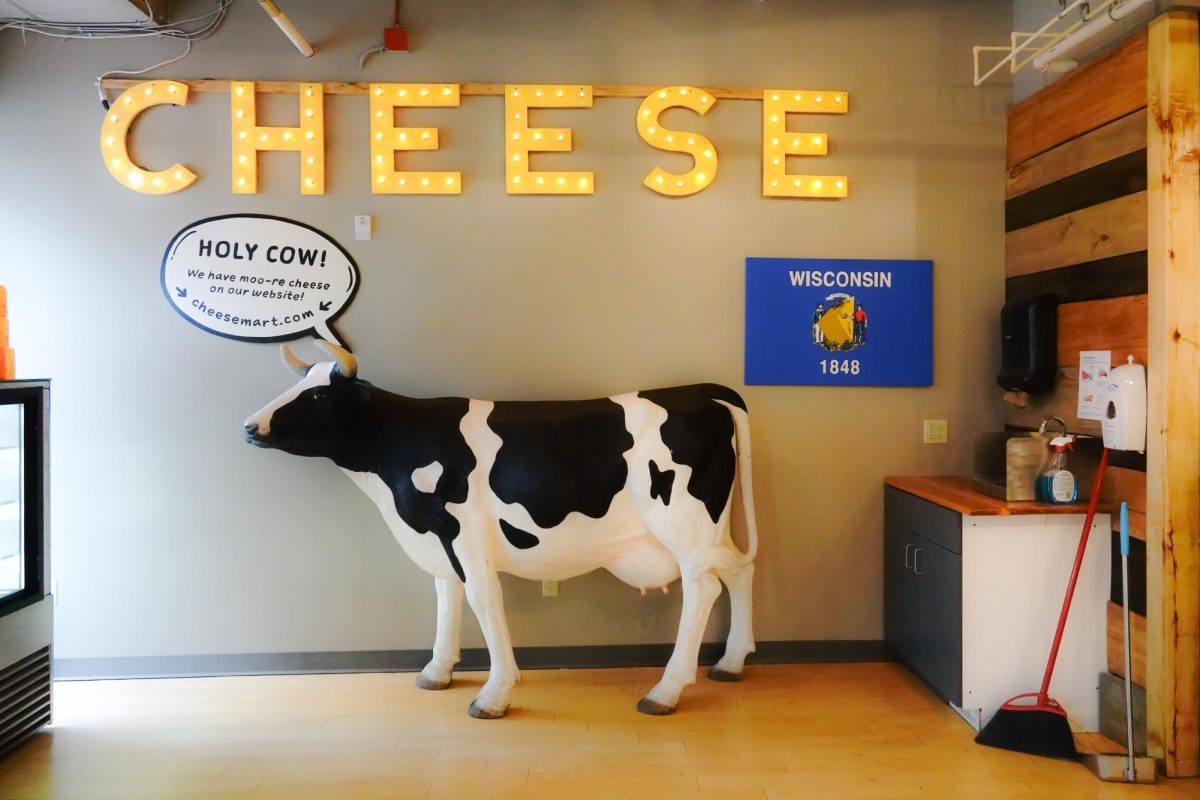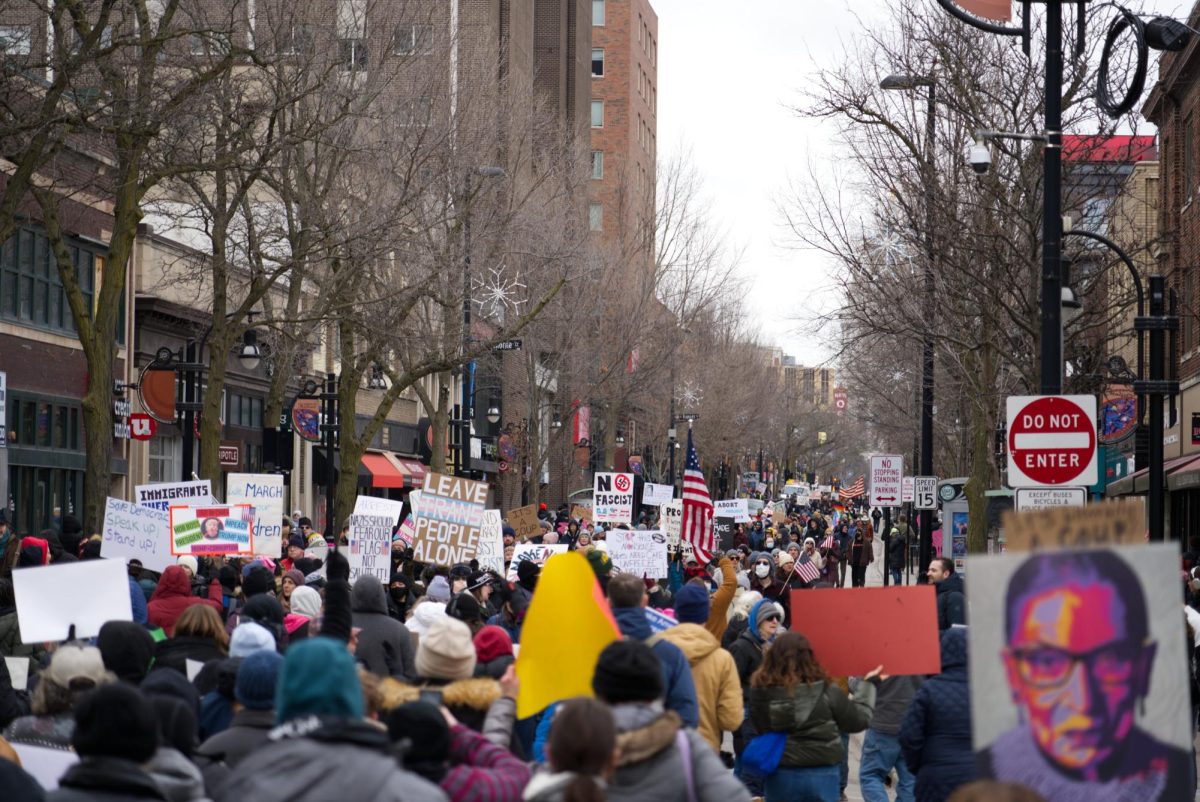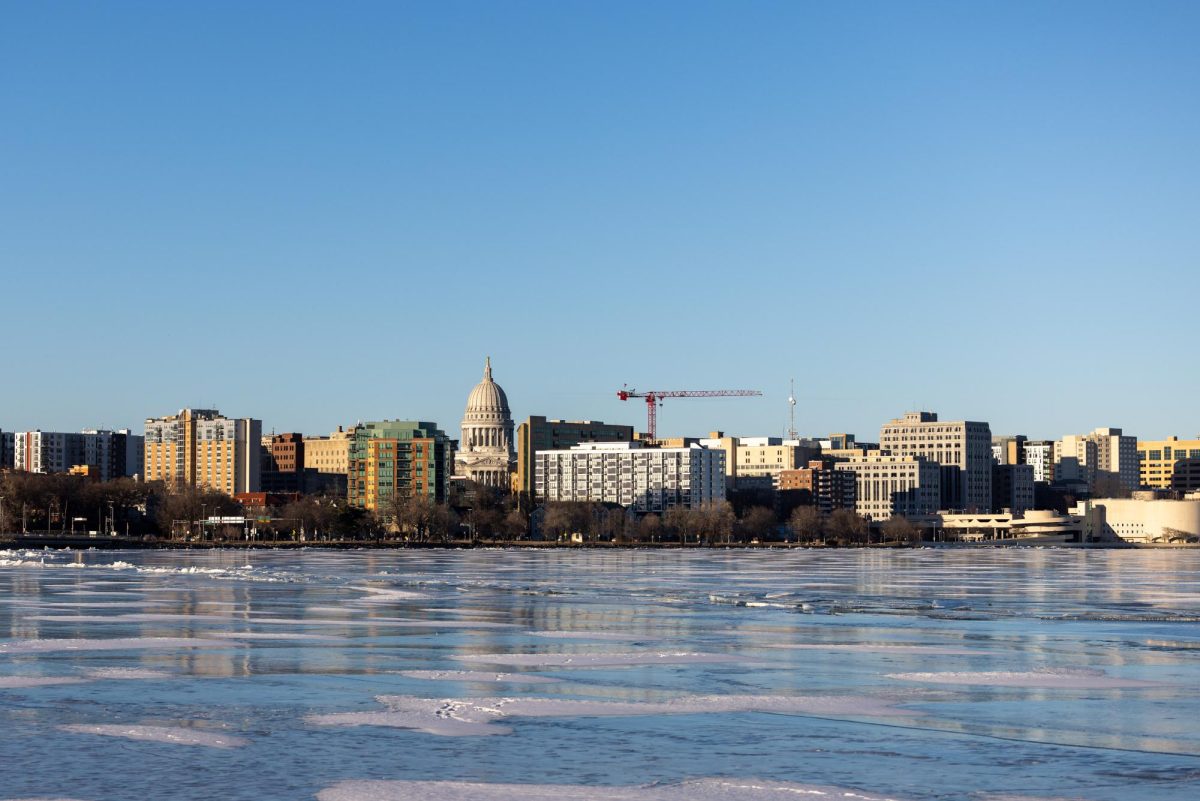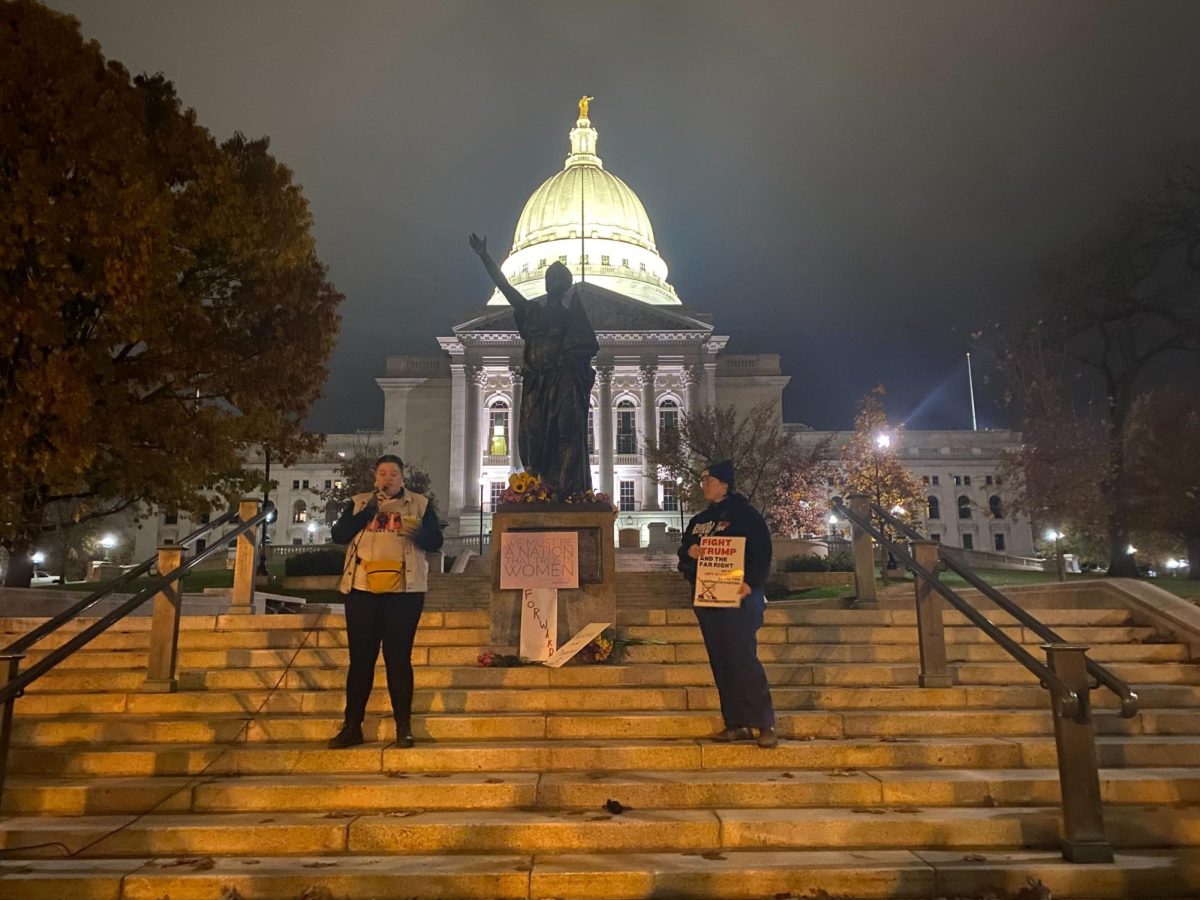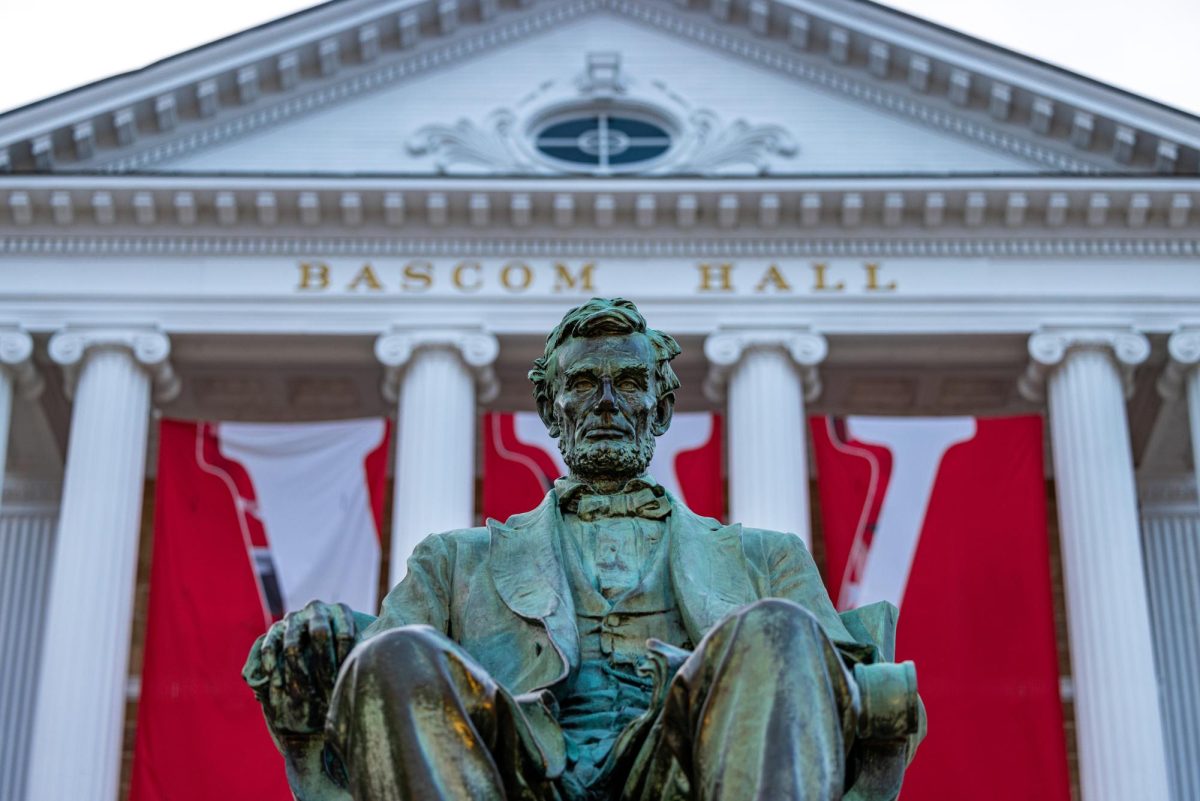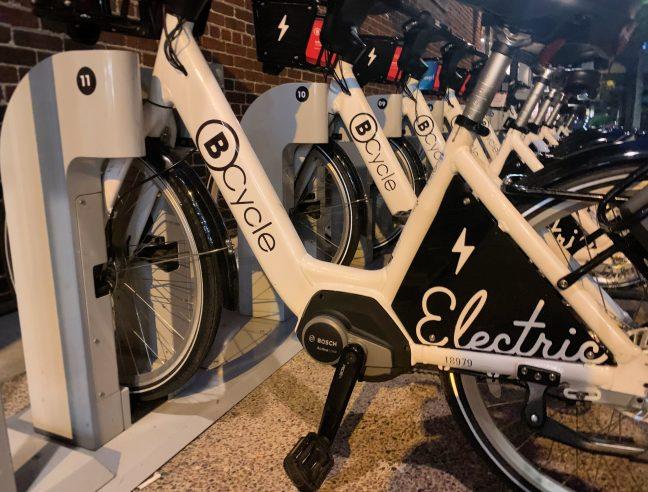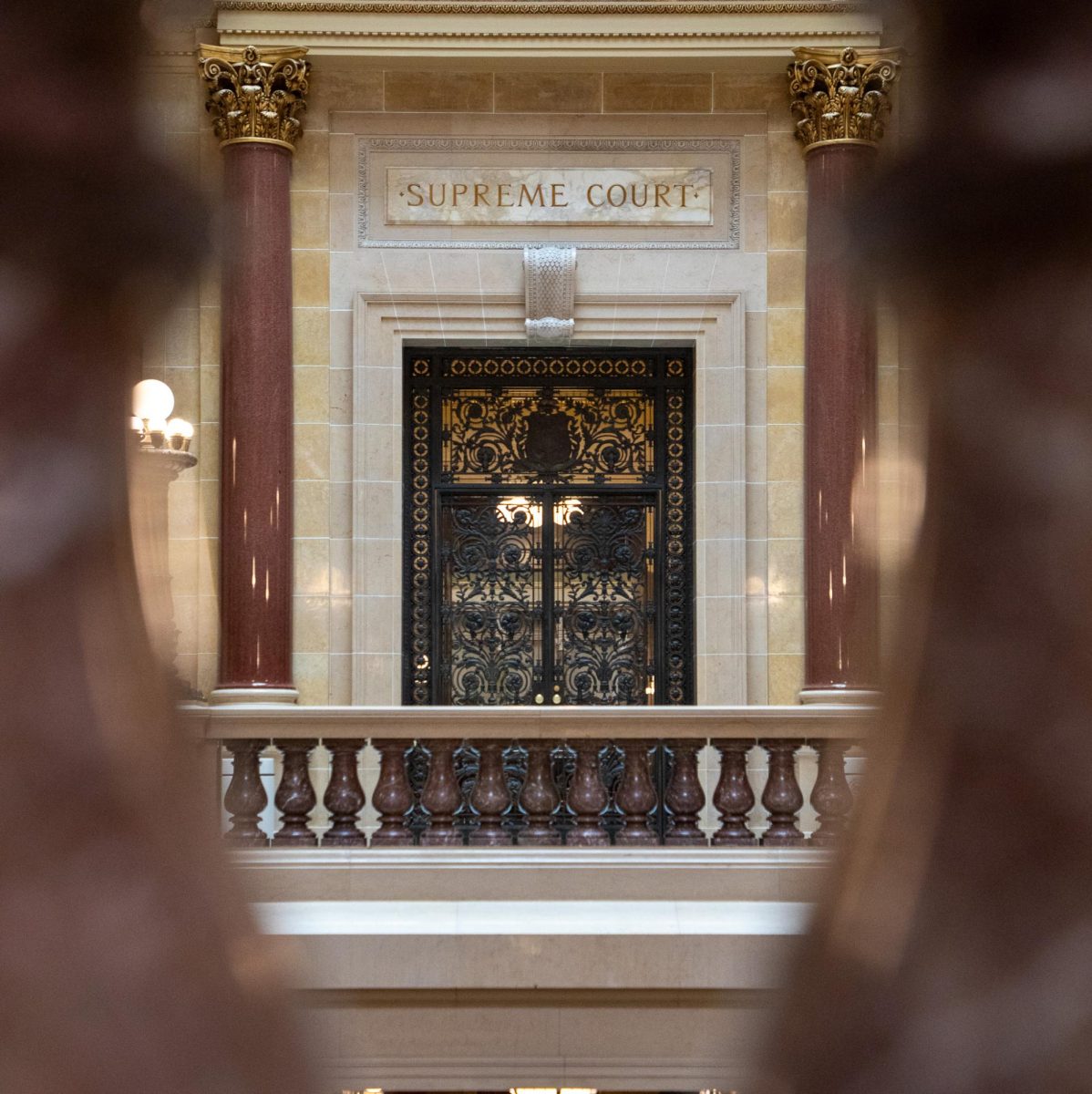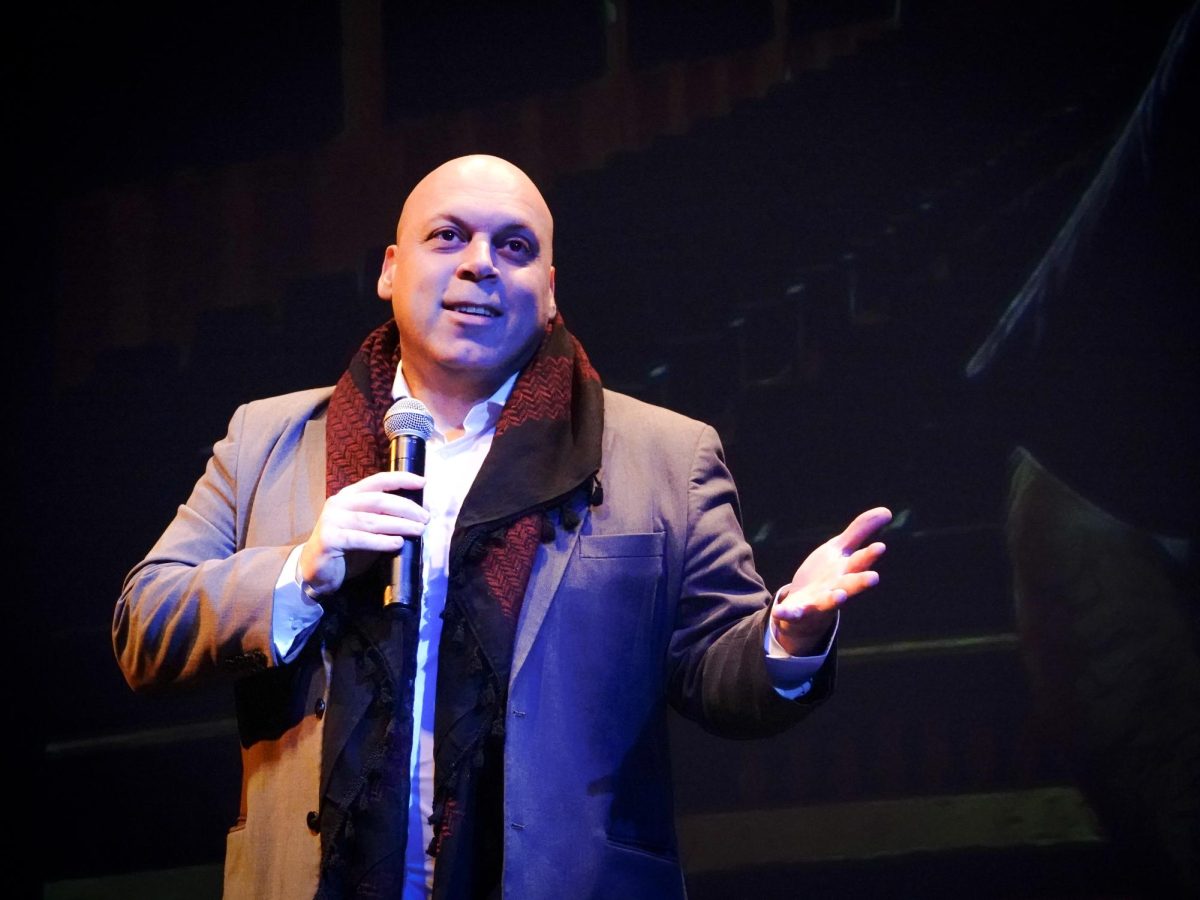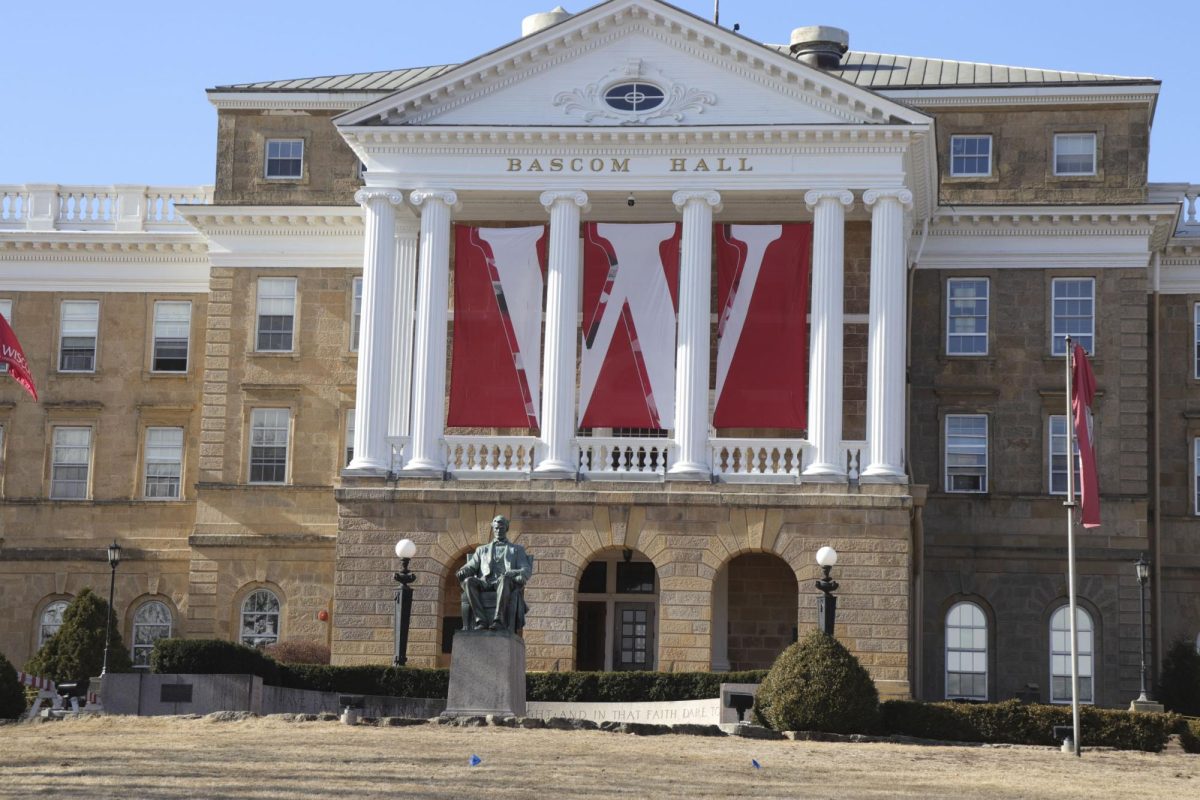Four referenda will be up on the upcoming Nov. 5 ballot for Madison voters. The State of Wisconsin referendum deals with suffrage and the City of Madison referendum looks at citywide funding. The other two referenda will aim to assist in funding the Madison Metropolitan School District.
The statewide referendum calls to amend section one of article III to say only citizens 18 years or older residing in an election district may vote for national, state, local offices and state or local referendum. If passed, the referendum seeks to prevent noncitizens from voting in national, state and local elections, according to the Milwaukee Journal Sentinel.
The City of Madison referendum question asks voters to increase the property tax levy. At least 18 city employee positions could be eliminated if this does not pass, according to Mayor Satya Rhodes-Conway’s executive operating budget summary.
On Nov. 5, voters in Madison will face critical referendums aimed at improving the City of Madison and the Madison Public Schools, according to the Cap Times. The Madison schools referendum will decide whether to allow Madison School Department to exceed its tax revenue limit by $30 million for this school year and by $20 million for each of the following two years, according to the Cap Times.
MMSD referendum Question 1 is an Operations levy and asks for $100 million over four years and referendum Question 2 deals with Facilities bonds and asks for $507 million over 23 years.
In general, levies are for learning — curricula, staffing, programs, security and safety, activities, student support services and school improvements — while bonds are for buildings, including new construction and replacement schools.
These measures are pivotal in addressing ongoing budget shortfalls and improving the educational environment for students, City of Madison Communications Manager Dylan Brogan said.
“We need the referendum to ensure we don’t have to cut services, not only in 2025 but moving forward,” Brogan said. “Voting yes … allows the city to continue to fund the services it’s already doing.”
The challenge Madison faces is partly due to state restrictions on revenue growth amidst an increasing population, which has grown by about $50,000 over the last decade, according to Brogan.
If the referendum doesn’t pass, Madison will need to cut $1 million from Metro Transit at minimum, Brogan said, additionally, library hours and programming will likely be reduced. District 8 Alder MGR Govindarajan agrees saying the city has historically had a budget deficit, but it has always been filled in using federal funding or raising fees, but with a deficit of $22 million there is a much larger gap to fill.
“I do encourage students to vote yes,” MGR said. “I’m just saying that as an individual … I think students will be very negatively impacted if this referendum fails. It will bring severe cuts to city services that we rely on for our everyday living”.
While the City of Madison is not affiliated with the school districts, MGR said many Madison schools need improvements, with some lacking basic amenities like air conditioning altogether.
The stakes are high, MGR said. If the school referendums fail, the impact on Madison schools could be severe, jeopardizing critical programs and staff, while deferred maintenance could exacerbate the already pressing infrastructure issues within the district, according to MGR.
If passed, these referenda could provide much-needed stability and growth — if rejected, the repercussions could resonate through the school system and beyond, affecting countless students and families, especially those who rely on city resources or nonprofits, said MGR.
“I encourage students to vote no on the state initiative and vote yes on both the city and the school initiative,” said MGR, “We don’t want to raise property taxes, especially for the city, but the reason both the schools and the city are in this position is because of the decrease in state funding that we’ve gotten over the past several years.”




